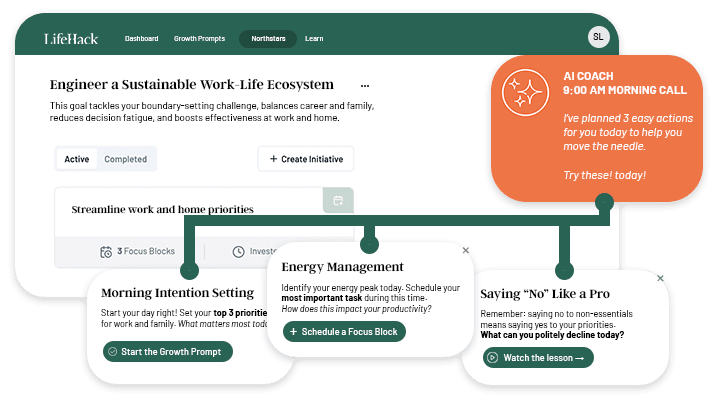It’s tough when everyone knows what you’re thinking, but some of the best things about people that wear their heart on their sleeves is that they are approachable, transparent, and perceived as authentic. But what if you don’t easily share your emotions? Many people would say maintaining a poker face is an enviable skill, but it’s not always an asset. Here’s why:
People will continually ask you if everything is “OK.”
It’s common to look for or observe visual feedback from someone when you’re in a conversation. A poker face may be helpful if your reaction to the discussion is negative, however it could be extremely misleading if your reaction is positive. When there is no reaction, or even no change in expression, its natural to wonder if there is something wrong with person to whom you’re speaking. And with no additional social queues, the inevitable question that follows is “Are you OK?”f
You may have a hard time gaining credibility as a leader.
A stoic countenance can be a huge asset in the business world, particularly if you regularly engage in negotiations or sales, but it’s not a great thing to have if you’re trying to lead an organization. Why? People may think you are uncaring or uninterested. Leaders need to appear motivated and inspirational. Someone who doesn’t openly show their emotion or excitement around ideas or isn’t able to openly empathize with their constituency will struggle to appear authentic. It’s hard to get people to follow you if you don’t seem invested in your cause.
A monotonic expression implies that you’re not engaged in whatever is going on around you and such an apathetic stance can be really damaging to those that need to interact with you on a daily basis, especially those that look to you for leadership. Everyone wants to feel connected to the leader and their mission and your poker face makes it hard to break through.
Your emotional health and job performance may suffer.
Controlling your emotions is stressful. It takes a lot of energy and attention that you could be dedicating to other pursuits. A study out of Rice University, University of Toronto, and Purdue University showed that employees that maintain a neutral stance at work are much more likely to show symptoms of distress and burnout. Staying stoic can even affect your job performance; the study further showed that neutral employees were rated lower for customer service and lowered the external perception of their organization more than positive employees.
Your dating life may struggle.
Emotional detachment can be helpful in many situations, but it’s usually a downside when trying to find a romantic life partner. This effect could be even worse if you’re a man – women have a harder time interpreting single note facial expressions, and many women perceive them to be negative.
What’s tough about this one is that you may actually not be emotionally detached; you may actually care for your significant other very much. But without the ability to show that emotion in a meaningful way through your facial expressions, it could leave your partner second-guessing your intentions.
So, how do you overcome these challenges? Firstly, figure out when and how to use your poker face. A neutral stance is helpful in negotiations, and to help maintain a sense of calm in stressful situations. Then, find ways to bring emotion into your life. Spend some time practicing different faces and expressions in the mirror. While this may seem odd, particularly to someone who is not used to showing emotion, this exact technique is used by people who show too much emotion – it helps them better understand how they react to situations an how they can fine tune their reactions so they don’t come across as overly enthusiastic. Be happy – at least you don’t have that problem.
Featured photo credit: Abraham Lincoln Memorial / Gage Skidmore via flickr.com
Ready for a Goal Breakthrough? Unlock Your Personalized Strategy

Experience the power of a strategy tailored just for you.
Our personalized system provides:
- Custom-crafted action steps based on your unique situation
- Insights tailored to your specific challenges and strengths
- A personalized roadmap to turn your goals into reality
Tailored recommendations powered by smart analysis















































